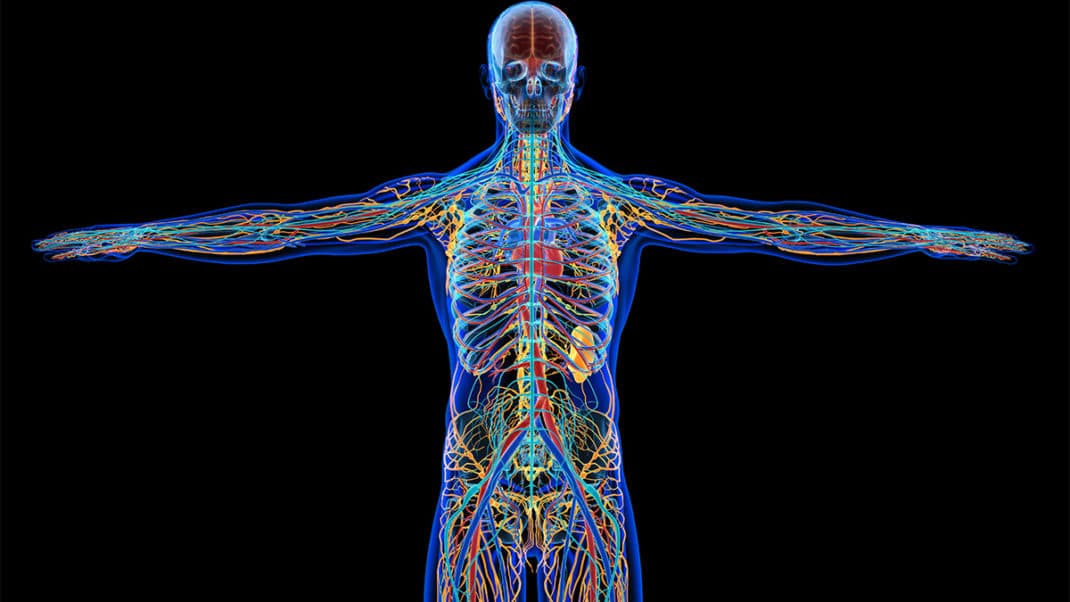Facebook and eating disorders in adolescent girls
Eating disorders and disordered eating already comprise very complex sets of thoughts and behaviors. Past studies have shown that women and girls are most vulnerable. Can exposure to media such as Facebook make young girls even more susceptible?
A recent unpublished study, conducted by Professor Yael Latzer, Professor Ruth Katz and Zohar Spivak of the faculty of social welfare and health sciences at the University of Haifa, Israel, says, yes, it can. Latzer, Katz and Spivak examined the impact of two factors on the development of eating disorders in young girls: exposure to the media and self-empowerment.
Recruited for the study were 248 secular Jewish females aged 12–19 from a 6-year middle and high school in northern Israel. Each participant was asked to complete several self-report measures: a demographic questionnaire, which included questions about media consumption habits (of different categories: newspapers, television and Internet) and whether and how her parents were involved in their daughter’s media consumption; the Eating Disorder Inventory; the Eating Attitudes Test-26; the Body Shape Questionnaire; and the Empowerment Scale.
“Results show that the higher the level of exposure to media, in its different categories, the higher was the level of negative body image and disordered eating pathology,” stated the authors in their research abstract. “There was a significant relationship between the extent of the girls’ Facebook involvement and . . . [disordered] eating pathology. The more they were on the social network, the more they were likely to suffer from bulimia tendencies, body dissatisfaction, poor body image and pursuit of a weight-loss diet.”
The researchers also found that exposure to fashion and music on the Internet, especially on YouTube, showed the same significant trend, but the connection was not as strong as with Facebook use. Furthermore, the level of the girls’ personal empowerment was negatively linked to eating disorders; the more empowered they felt, the lower their risk of eating disorders and poor body image.
“Significant potential for future research and application of eating disorder prevention lies in an understanding of how parenting decisions can affect an adolescent girl’s sense of empowerment and that enforcing a girl’s sense of empowerment is a means to strengthening body image. This study has shown that a parent has potential ability to prevent dangerous behavioral disorders, and negative eating behavior in particular,” the researchers stated.
Sandy Todd Webster
For 22 years, Sandy Todd Webster was the chief architect of IDEA's content program - including the award-winning IDEA FITNESS JOURNAL and IDEA FOOD & NUTRITION TIPS - the industry's leading resources for fitness, wellness and nutrition professionals worldwide. She created, launched and nurtured these brands and many others during her productive and purposeful IDEA tenure. Sandy is a Rouxbe-certified professional plant-based cook and a Precision Nutrition Level 1 Coach who is pursuing a Master's degree in Sustainable Food Systems through The Culinary Institute of America (expected August 2024). She plans to combine these passions with her content expertise to continue inspiring others to make the world a more just, healthy and regenerative place.






